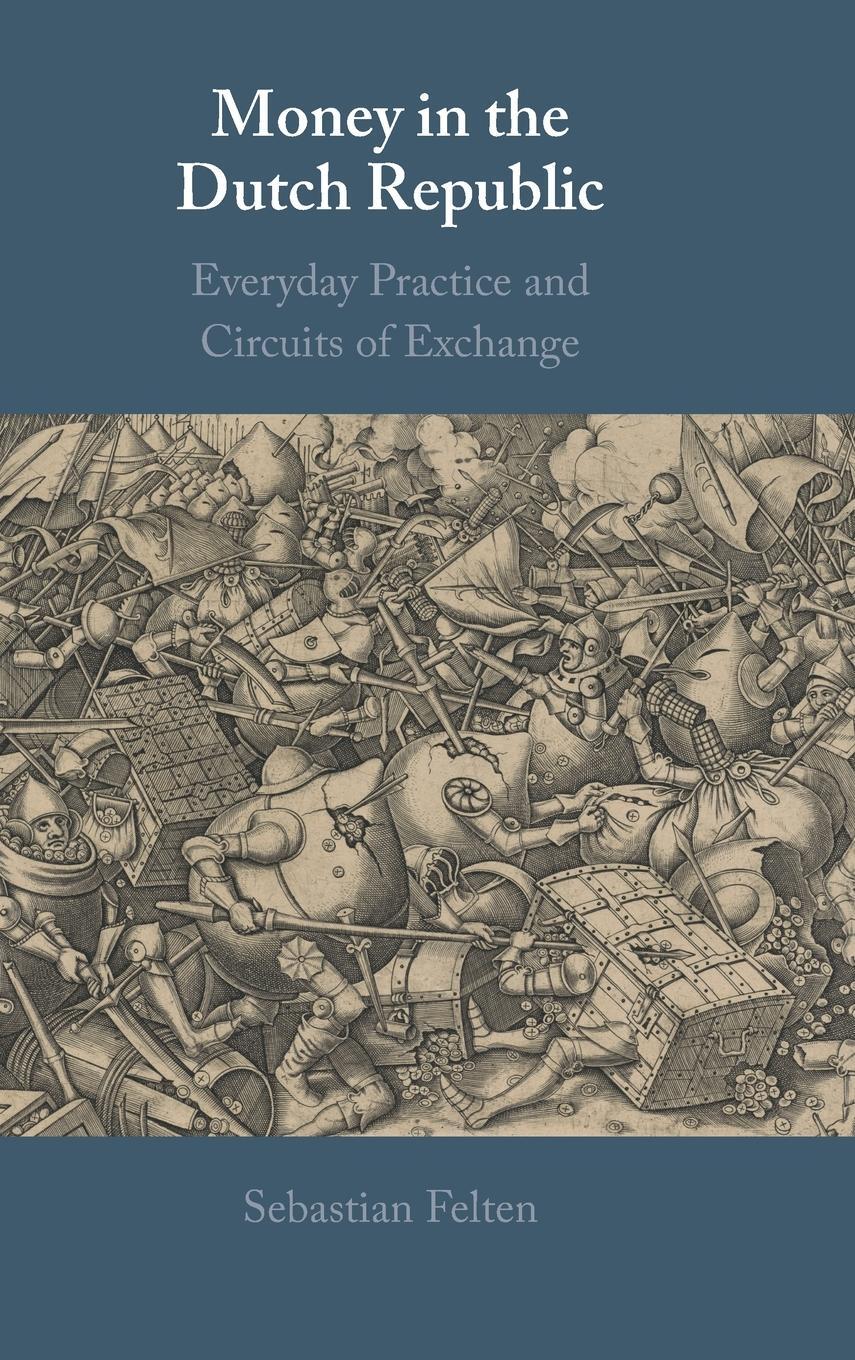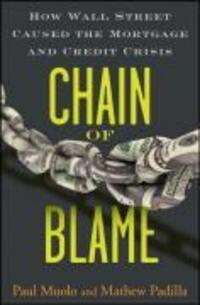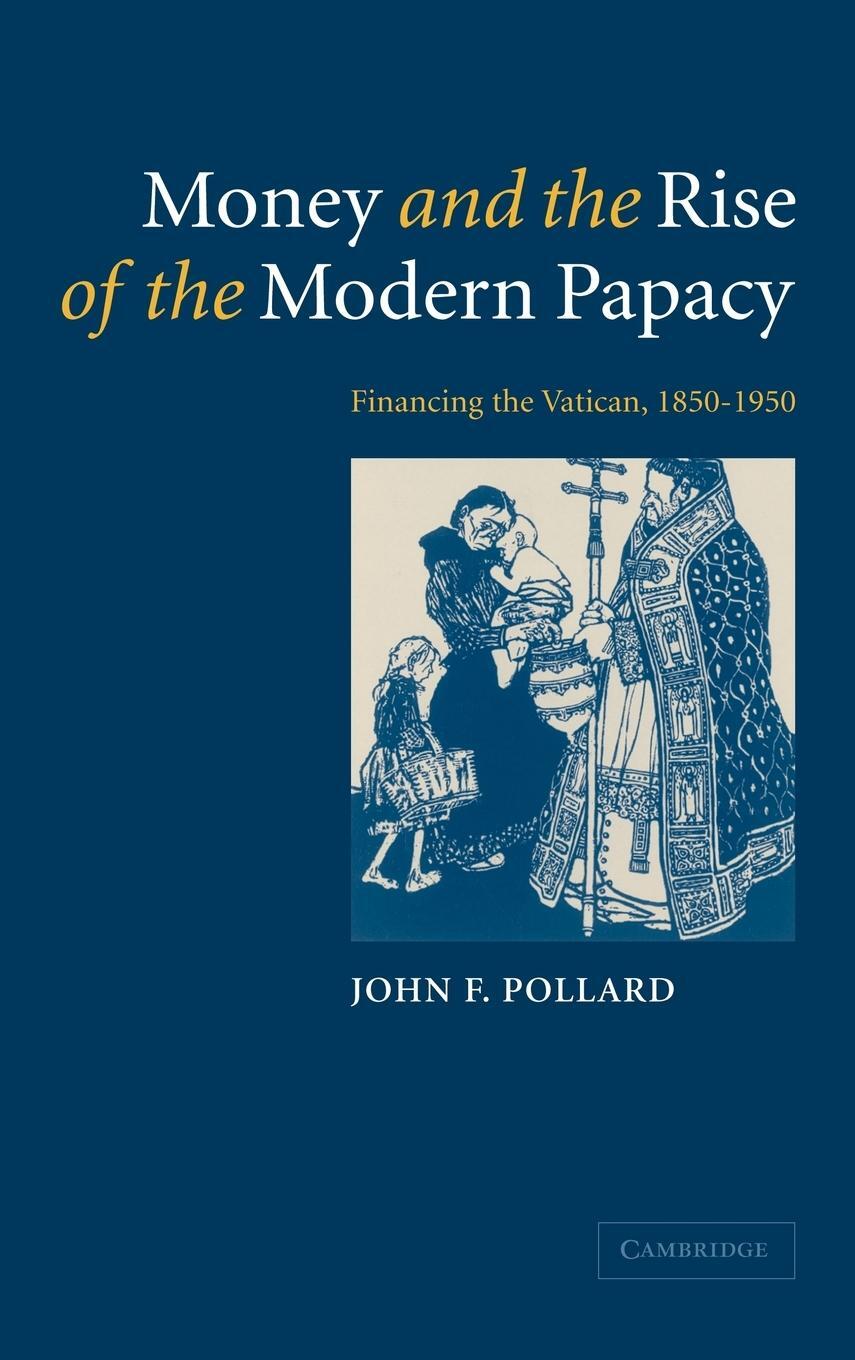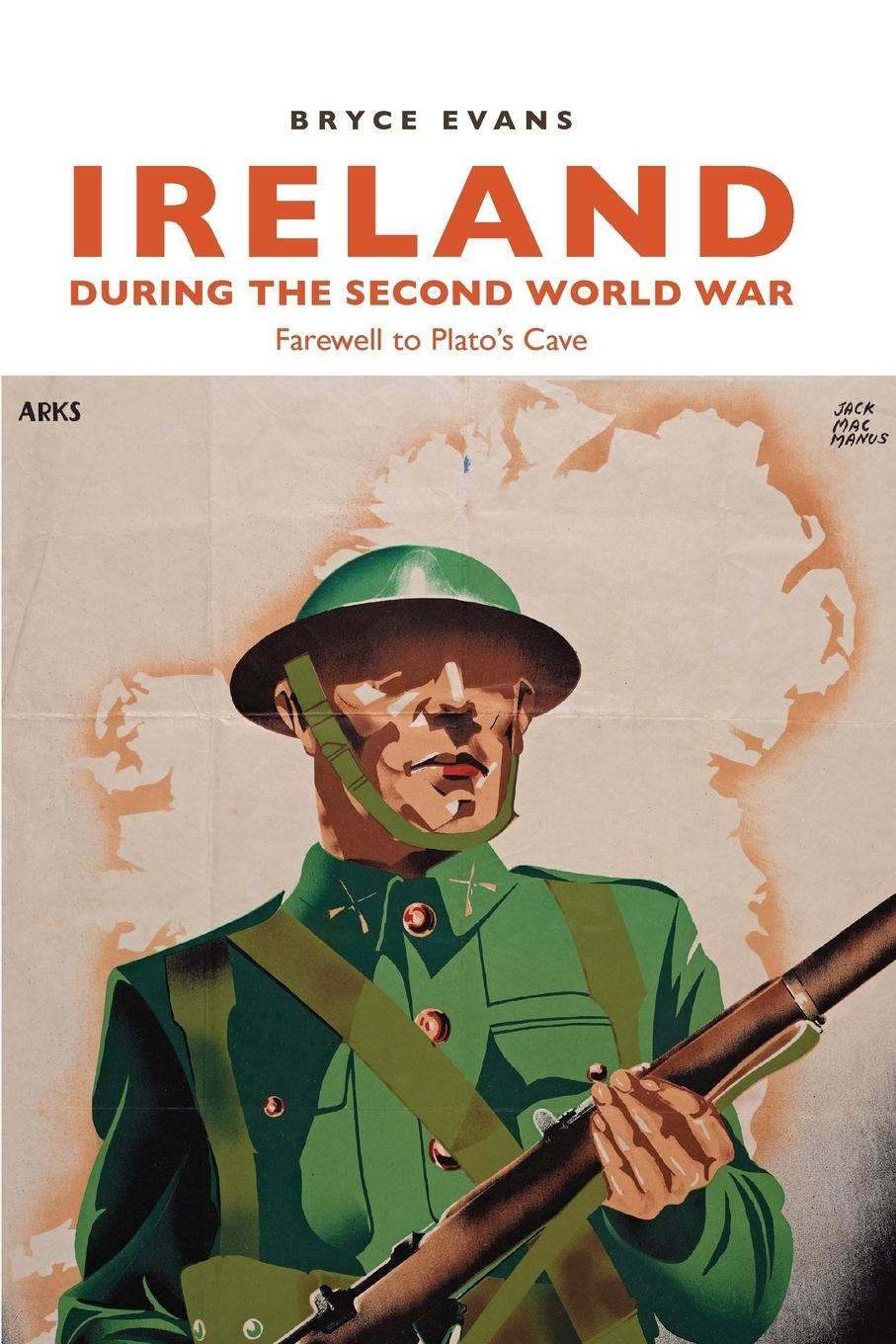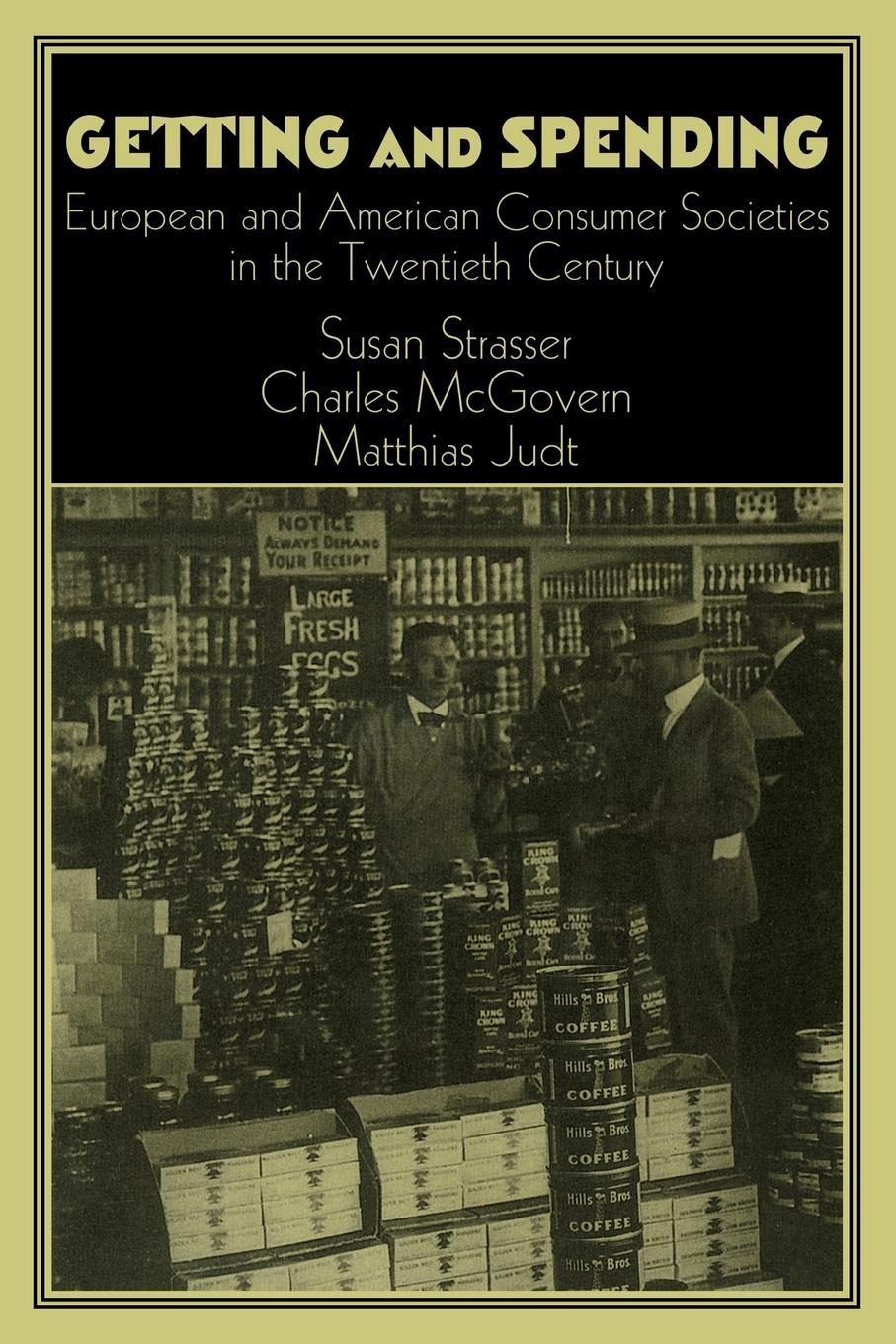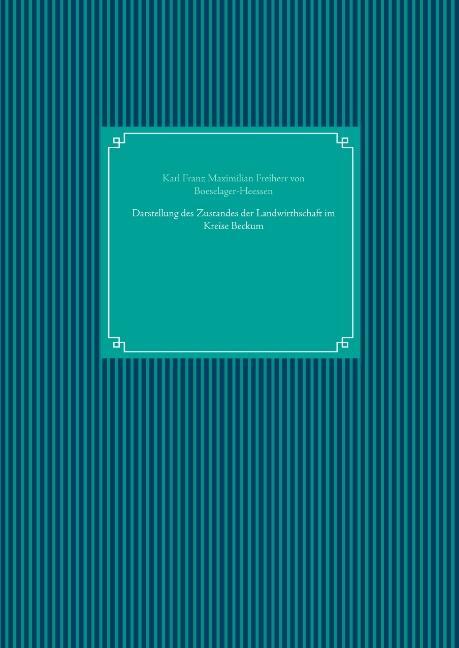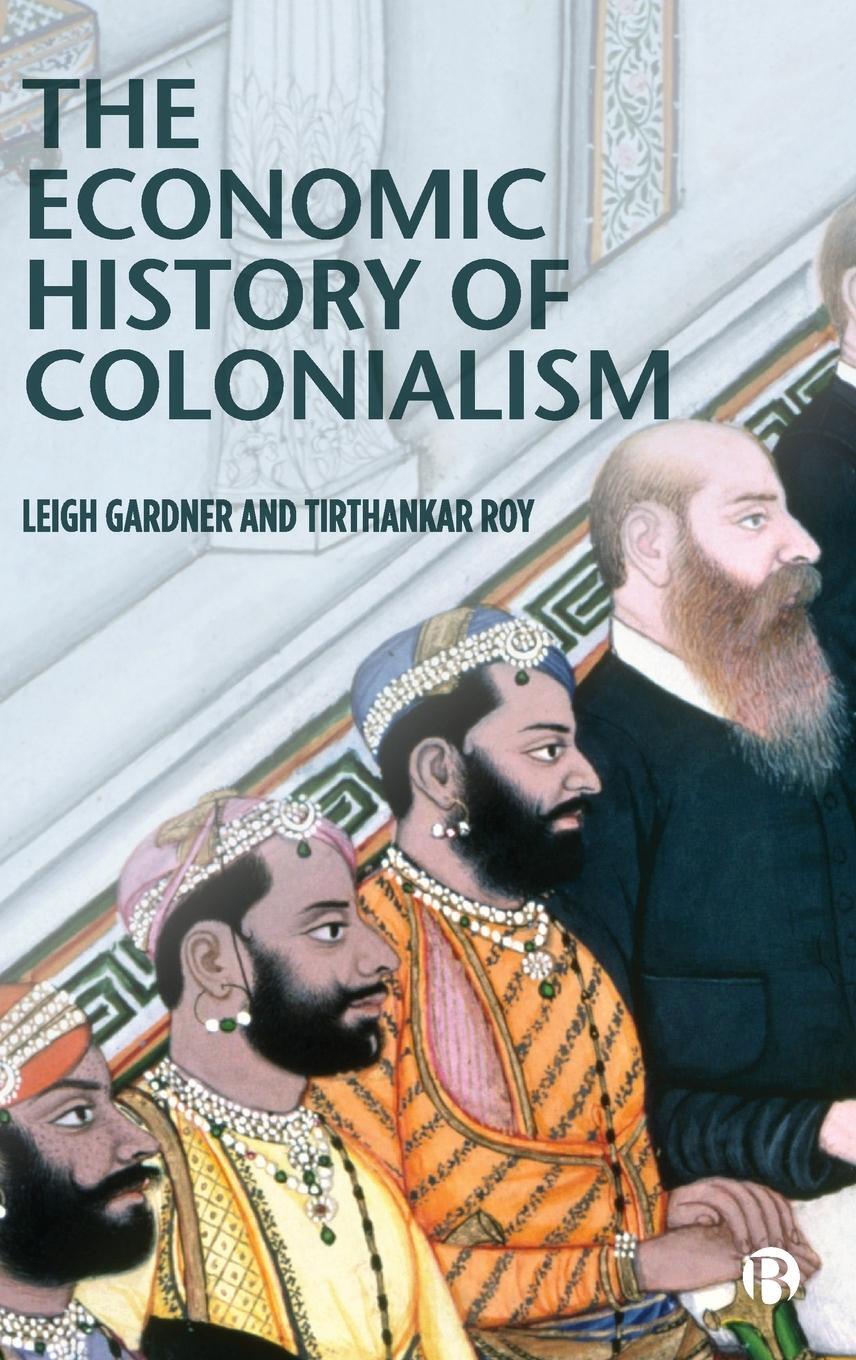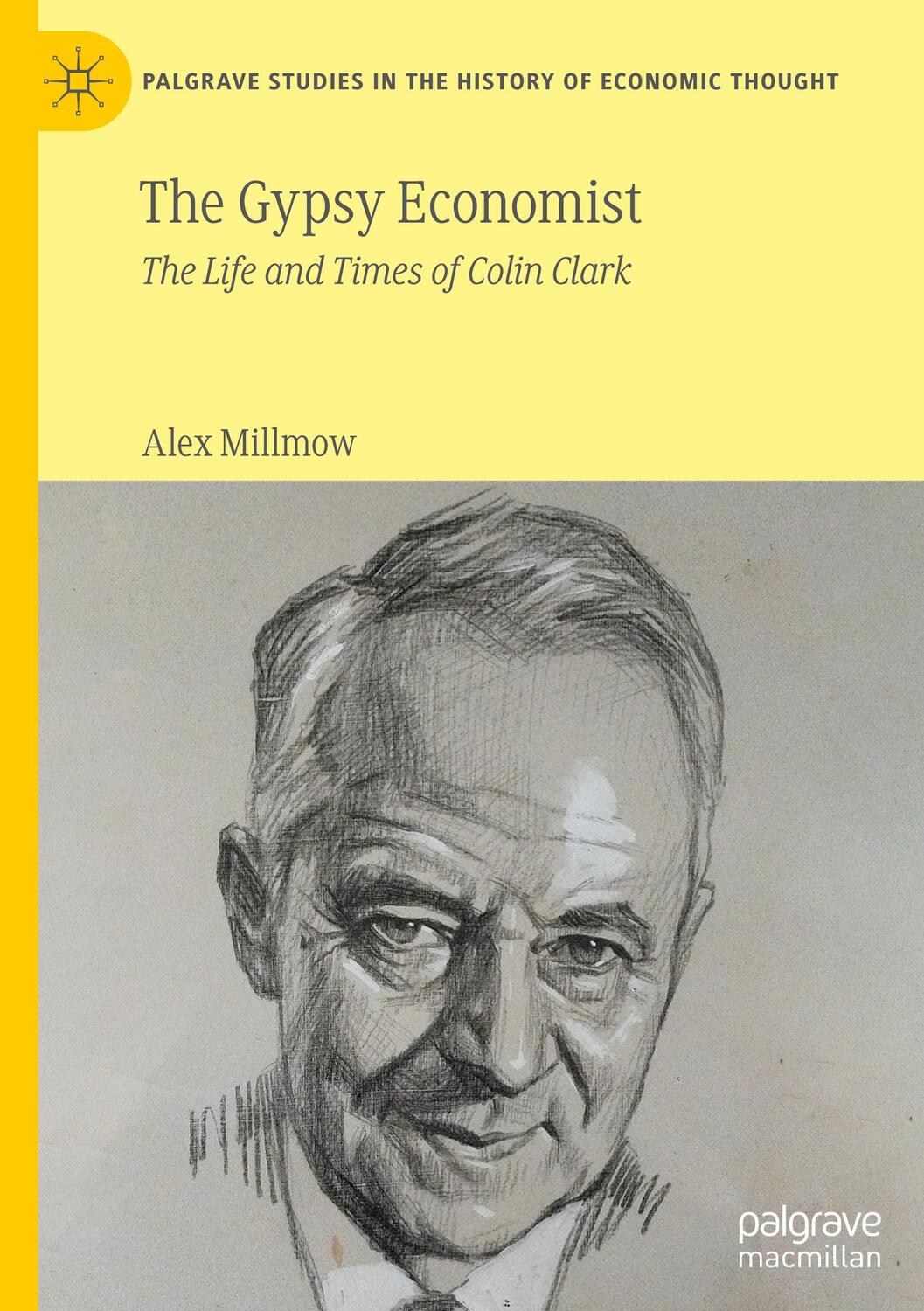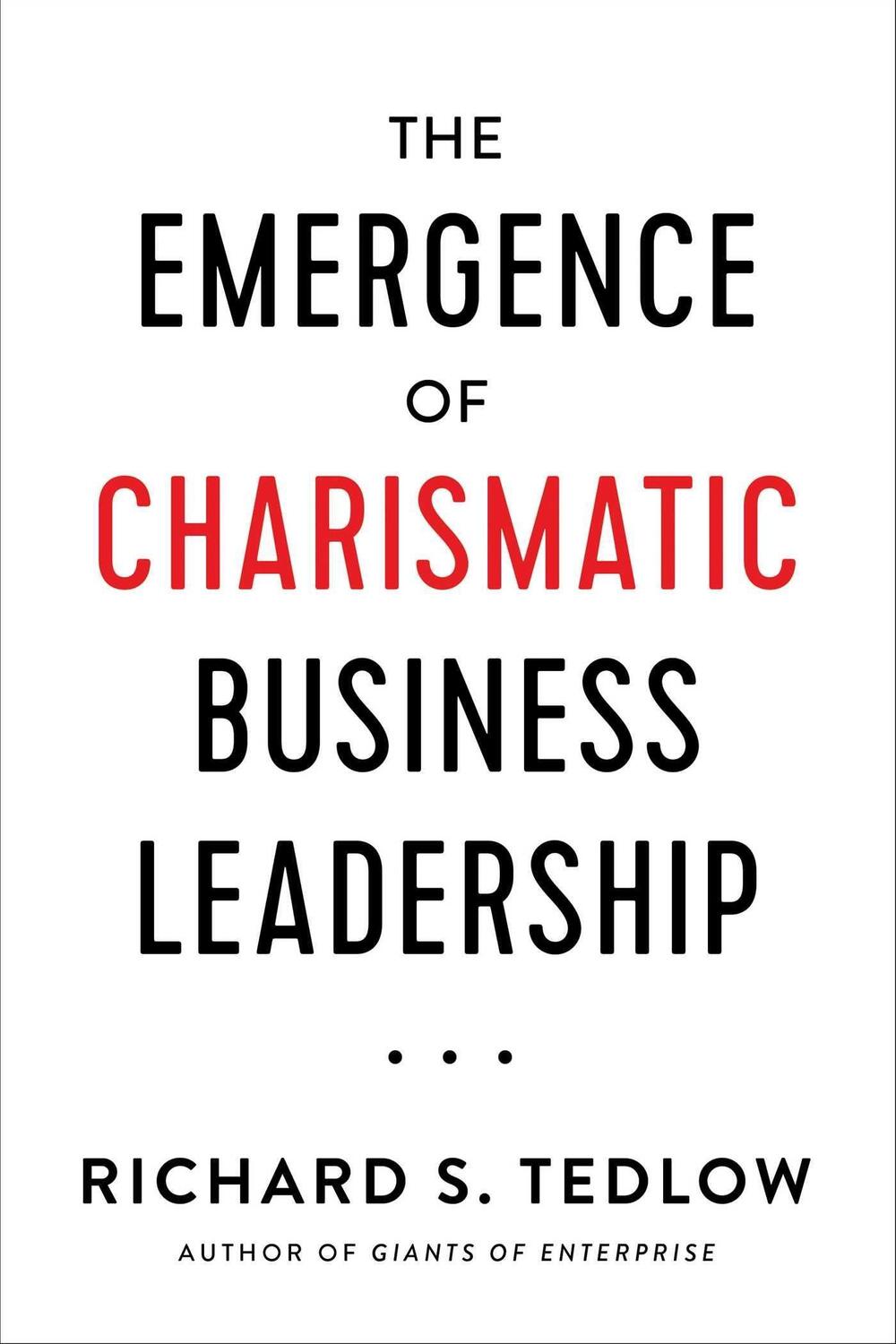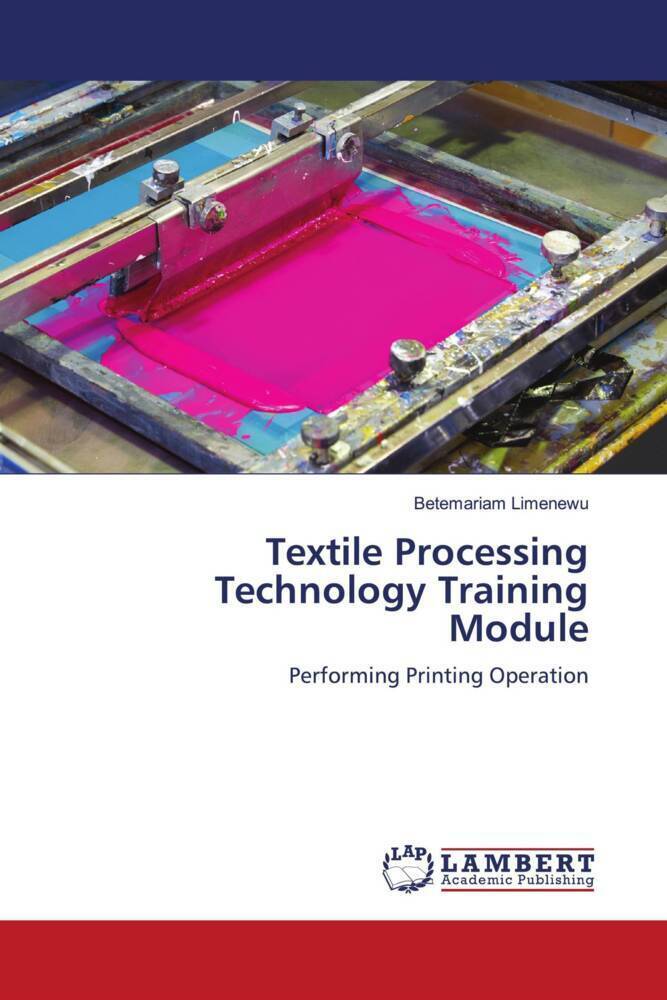Dekorationsartikel gehören nicht zum Leistungsumfang.
Sprache:
Englisch
104,20 €*
Versandkostenfrei per Post / DHL
Aktuell nicht verfügbar
Kategorien:
Beschreibung
"Global trade and colonial extraction drew the early modern world closer together, carving out circuits in which silver and gold crossed oceans and continents.1 What forms did these metals take, and whose practices constituted these forms? The 3,500 coins in the collection of the Dutch lawyer and numismatist Pieter Verkade offers some answers to this question.2 When it was sold in 1849, the public could view it in the Huis met de Hoofden in Amsterdam. Just as the house, which once belonged to the metal trading families De Geer and Grill, the collection was a relic of the time when one axis of world trade had run through the marshlands of Holland before it tilted further to the English Southwest. As visitors pulled out the drawers of Verkade's finely carved mahogany cabinets, a wide world unfurled that was tightly interwoven by coined metal"--
"Global trade and colonial extraction drew the early modern world closer together, carving out circuits in which silver and gold crossed oceans and continents.1 What forms did these metals take, and whose practices constituted these forms? The 3,500 coins in the collection of the Dutch lawyer and numismatist Pieter Verkade offers some answers to this question.2 When it was sold in 1849, the public could view it in the Huis met de Hoofden in Amsterdam. Just as the house, which once belonged to the metal trading families De Geer and Grill, the collection was a relic of the time when one axis of world trade had run through the marshlands of Holland before it tilted further to the English Southwest. As visitors pulled out the drawers of Verkade's finely carved mahogany cabinets, a wide world unfurled that was tightly interwoven by coined metal"--
Über den Autor
Sebastian Felten is a historian of science, finance, and bureaucracy at the University of Vienna. He was a fellow at the Max Planck Institute for the History of Science Berlin and co-edited Histories of Bureaucratic Knowledge (2020).
Inhaltsverzeichnis
1. Money as social technology; 2. Grain money in a farming community; 3. Ink money in a princely estate; 4. Metallurgy and the making of intrinsic value; 5. Mercantile practice and everyday use; 6. Patriotic economics and the making of a national currency; Conclusion; Appendix; Notes; Archival Sources; Bibliography; Index.
Details
| Erscheinungsjahr: | 2022 |
|---|---|
| Fachbereich: | Allgemeines |
| Genre: | Wirtschaft |
| Rubrik: | Recht & Wirtschaft |
| Medium: | Buch |
| Seiten: | 284 |
| ISBN-13: | 9781009098847 |
| ISBN-10: | 1009098845 |
| Sprache: | Englisch |
| Ausstattung / Beilage: | HC gerader Rücken kaschiert |
| Einband: | Gebunden |
| Autor: | Felten, Sebastian |
| Hersteller: | Cambridge University Press |
| Maße: | 235 x 157 x 20 mm |
| Von/Mit: | Sebastian Felten |
| Erscheinungsdatum: | 01.02.2022 |
| Gewicht: | 0,568 kg |
Über den Autor
Sebastian Felten is a historian of science, finance, and bureaucracy at the University of Vienna. He was a fellow at the Max Planck Institute for the History of Science Berlin and co-edited Histories of Bureaucratic Knowledge (2020).
Inhaltsverzeichnis
1. Money as social technology; 2. Grain money in a farming community; 3. Ink money in a princely estate; 4. Metallurgy and the making of intrinsic value; 5. Mercantile practice and everyday use; 6. Patriotic economics and the making of a national currency; Conclusion; Appendix; Notes; Archival Sources; Bibliography; Index.
Details
| Erscheinungsjahr: | 2022 |
|---|---|
| Fachbereich: | Allgemeines |
| Genre: | Wirtschaft |
| Rubrik: | Recht & Wirtschaft |
| Medium: | Buch |
| Seiten: | 284 |
| ISBN-13: | 9781009098847 |
| ISBN-10: | 1009098845 |
| Sprache: | Englisch |
| Ausstattung / Beilage: | HC gerader Rücken kaschiert |
| Einband: | Gebunden |
| Autor: | Felten, Sebastian |
| Hersteller: | Cambridge University Press |
| Maße: | 235 x 157 x 20 mm |
| Von/Mit: | Sebastian Felten |
| Erscheinungsdatum: | 01.02.2022 |
| Gewicht: | 0,568 kg |
Warnhinweis

